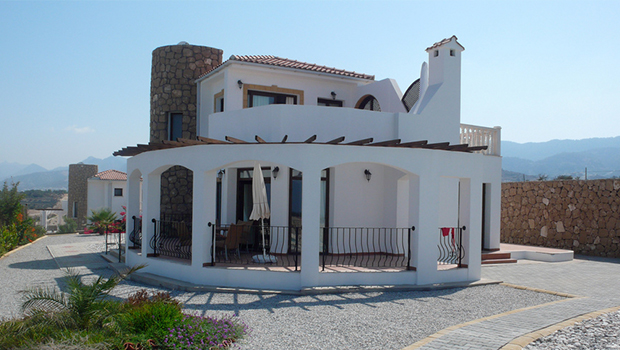
With many overseas real estate agencies wanting to cater to a broader market, increasing affordability of properties abroad, buying overseas is no longer a field roamed by the wealthy and elite. The number of Britons that own a second overseas property now stands at over a million and this number is still soaring. It is easier than ever for people in the UK to view properties all over the world via the Internet and a common currency throughout EU countries means that days of searching through realtor’s files and converting currencies are over. Properties overseas tend to be much cheaper and so have become more and more sought after but when the foreign tax man bites, the moneysaving aspect may not have been great and substantial, as you had hoped…
What do I need to know about mortgages?
If you are looking to take out a mortgage abroad, you will most likely have to seek advice from a lender in your chosen destination. Unfortunately, companies in the UK will only lend for properties built within Britain creating problems such as language barriers and foreign payment complications. Many UK based lenders have sister companies and subsidiaries abroad so if you can, choose a lender that operates internationally; it will make communication a lot easier and more bearable. Try and research the mortgage regulations in your chosen destination in advance as these will and tend to differ between countries. For example, lenders in Italy will hesitate to provide a mortgage for a property that needs refurbishment and renovation; in Cyprus, mortgages are only available for 15 years meaning payments are a lot higher. Ultimately, it would be advantageous to have a mortgage set or some finance at the ready before you go on to seek an overseas home.
What about fluctuating currency rates?
With ever-fluctuating exchange rates and many banks offering extortionate commission on foreign currency transfers, finding the most economical method of payment can often be a struggle. Sometimes it can take up to 18 weeks to complete a property purchase, during which time, currencies will have dipped and soared extensively. As a result, you may find yourself paying a great deal more than you had originally bargained on. To complicate this matter further, regular maintenance and stage payments will see you being affected by unstable rates on a frequent basis. Luckily, there are a number of currency brokers and foreign exchange specialists who can maximise the value of your transfer. Comparison sites such as our own at mycurrencytransfer.com can help you find the fairest and cheapest deals.
What taxes am I liable to pay?
If you let your property abroad, you will need to pay income tax on any rent received and it’s good to be aware that any extra income may find you in the higher rate tax bracket. When you eventually come to sell your overseas property, you will be legally responsible for Capital Gains Tax on any profits that you may make from your sale. If the property counts as part of your estate on death, Inheritance Tax will also be payable. The UK’s ‘Double Taxation Agreement’ prevents UK residents from paying certain taxes more than once and it is advisable to seek professional guidance from a tax expert who will be able to advise you on tax implications in your particular destination.
Written by Sofia Kluge on Google+









